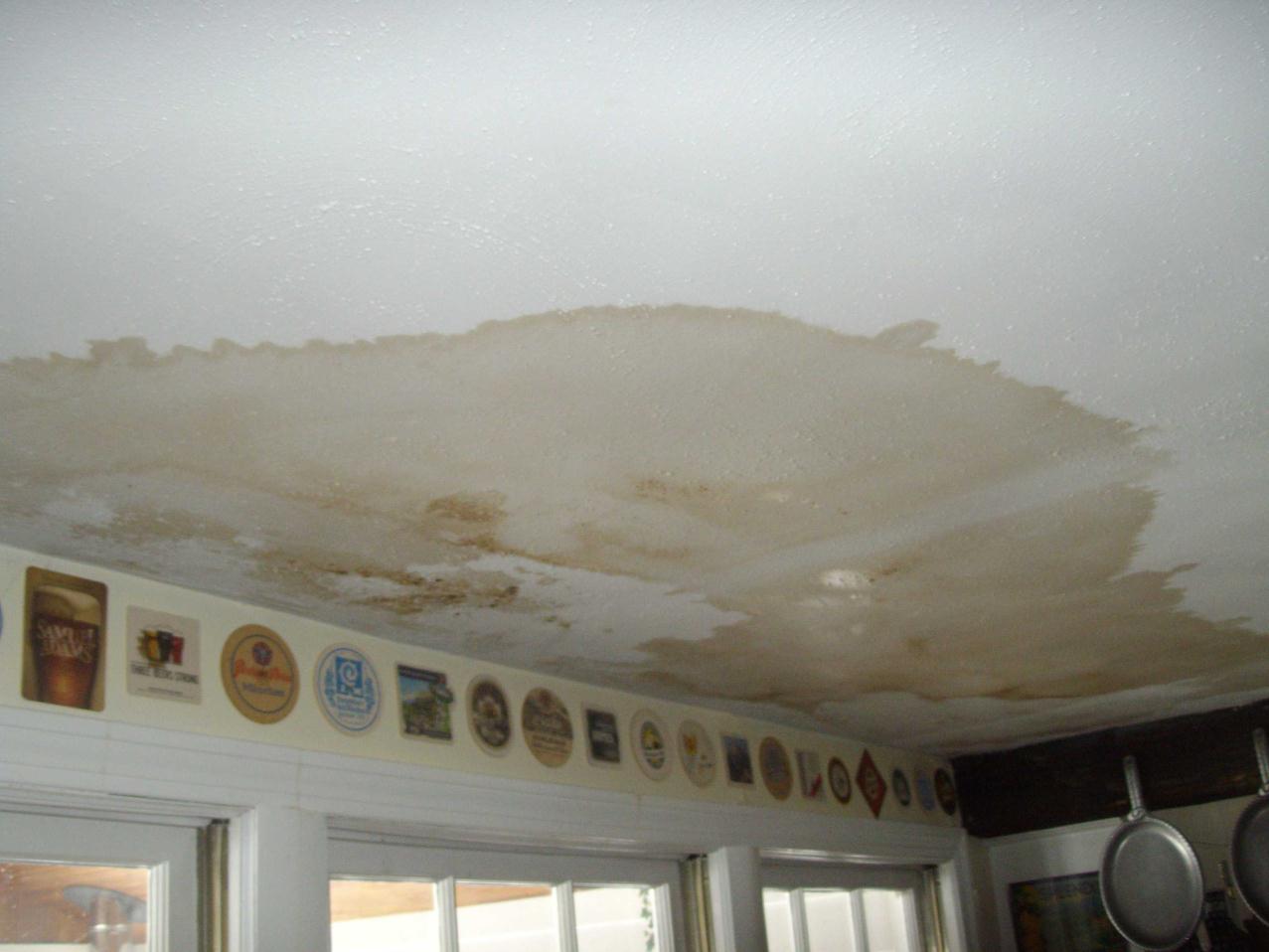6 Water Damage Remediation Do's and also Don'ts.
6 Water Damage Remediation Do's and also Don'ts.
Blog Article
Everybody is bound to have their unique opinion about Preventing Fires and Water Damage In Your Home.

Water offers life, water breach on components where it's not expected to be can result in damages. If the water soaks into your structure, it can peel away surface areas and also erode the foundation. Mold and mildew and mold also thrive in a moist environment, which can be hazardous for your health. Residences with water damage scent old and stuffy.
Water can originate from lots of resources such as hurricanes, floodings, burst pipes, leaks, as well as sewage system problems. In case you experience water damage, it would be excellent to recognize some safety precautions. Below are a few guidelines on just how to handle water damages.
Do Prioritize Home Insurance Coverage Protection
Water damage from flood dues to hefty winds is seasonal. Nonetheless, you can also experience an unexpected flood when a defective pipe suddenly bursts right into your house. It would be best to have residence insurance policy that covers both disasters such as all-natural disasters, and also emergencies like busted plumbing.
Don't Neglect to Switch Off Utilities
In the event of a calamity, especially if you live in a flood-prone location, it would be advisable to shut off the main electrical circuit. This cuts off power to your whole home, stopping electric shocks when water can be found in as it is a conductor. Moreover, don't fail to remember to switch off the primary water line valve. Furnishings will move about as well as create damage when floodwaters are high. Having the main shutoff turned off protects against more damages.
Do Remain Proactive and also Heed Weather Signals
Storm floodings can be really unpredictable. If there is a history of flooding in your community, stay prepared and also positive. Listen to evacuation cautions if you live near a lake, river, or creek . Take out belongings from the very beginning as well as basement, after that placed them on the greatest possible level. Doing so lowers possible property damages.
Don't Disregard the Roofing System
You can prevent rain damages if there are no openings and leaks in your roofing. This will protect against water from flowing down your walls and soaking your ceiling.
Do Take Notice Of Little Leakages
A ruptured pipe doesn't happen over night. Normally, there are red flags that show you have deteriorated pipes in your house. You may notice bubbling paint, peeling off wallpaper, water streaks, water discolorations, or leaking audios behind the wall surfaces. At some point, this pipe will burst. Preferably, you ought to not await points to rise. Have your plumbing repaired prior to it results in huge damages.
Do Not Panic in Case of a Burst Pipeline
When it comes to water damage, timing is crucial. Thus, if a pipe bursts in your house, instantly closed off your primary water shutoff to cut off the resource. Call a respectable water damage reconstruction specialist for help.
Water offers life, water invasion on parts where it's not supposed to be can result in damages. Residences with water damage odor old and also musty.
Water damages from flood dues to heavy winds is seasonal. You may notice bubbling paint, peeling off wallpaper, water streaks, water discolorations, or leaking sounds behind the walls. When it comes to water damages, timing is vital.
Some Do's & Don't When Dealing with a Water Damage
DO:
Make sure the water source has been eliminated. Contact a plumber if needed. Turn off circuit breakers supplying electricity to wet areas and unplug any electronics that are on wet carpet or surfaces Remove small furniture items Remove as much excess water as possible by mopping or blotting; Use WHITE towels to blot wet carpeting Wipe water from wooden furniture after removing anything on it Remove and prop up wet upholstery cushions for even drying (check for any bleeding) Pin up curtains or furniture skirts if needed Place aluminum foil, saucers or wood blocks between furniture legs and wet carpet Turn on air conditioning for maximum drying in winter and open windows in the summer Open any drawers and cabinets affected for complete drying but do not force them open Remove any valuable art objects or paintings to a safe, dry place Open any suitcases or luggage that may have been affected to dry, preferably in sunlight Hang any fur or leather goods to dry at room temperature Punch small holes in sagging ceilings to relieve trapped water (don't forget to place pans beneath!); however, if the ceiling is sagging extremely low, stay out of the room and we'll take care of it DO NOT:
Leave wet fabrics in place; dry them as soon as possible Leave books, magazines or any other colored items on wet carpets or floor Use your household vacuum to remove water Use TV's or other electronics/appliances while standing on wet carpets or floors; especially not on wet concrete floors Turn on ceiling fixtures if the ceiling is wet Turn your heat up, unless instructed otherwise

I came across that piece of writing on What You Can Do At Home To Prevent Fire And Water Damage while surfing around the search engines. Are you aware of another person who is intrigued by Preventing Fires and Water Damage In Your Home? Do not hesitate to promote it. I cherish reading our article about How To Prevent Fire And Water From Ruining Your Holiday Season.
Report this page